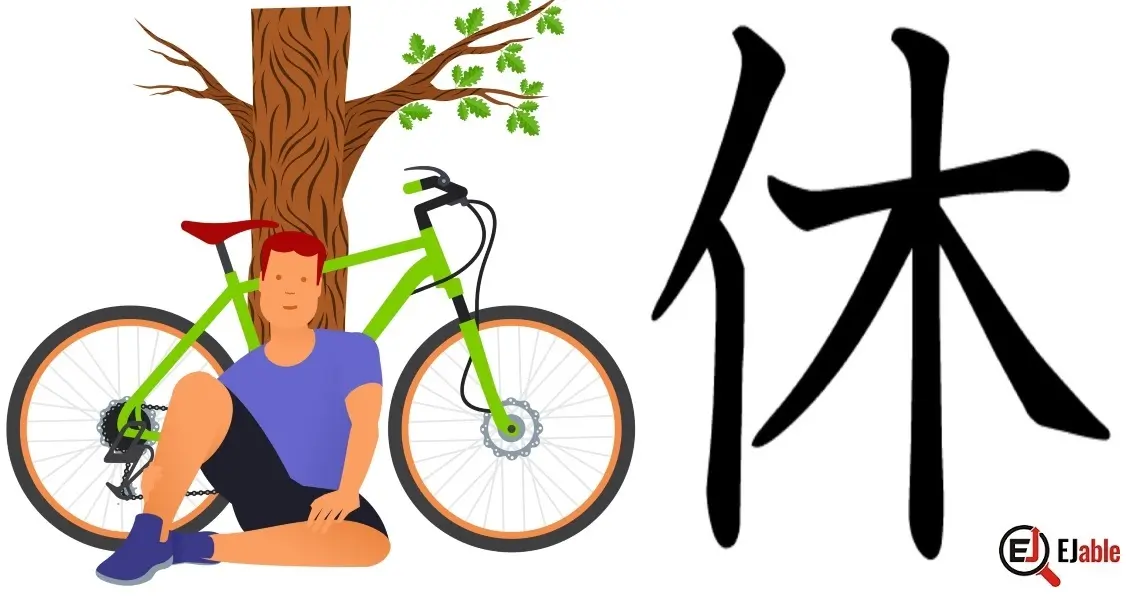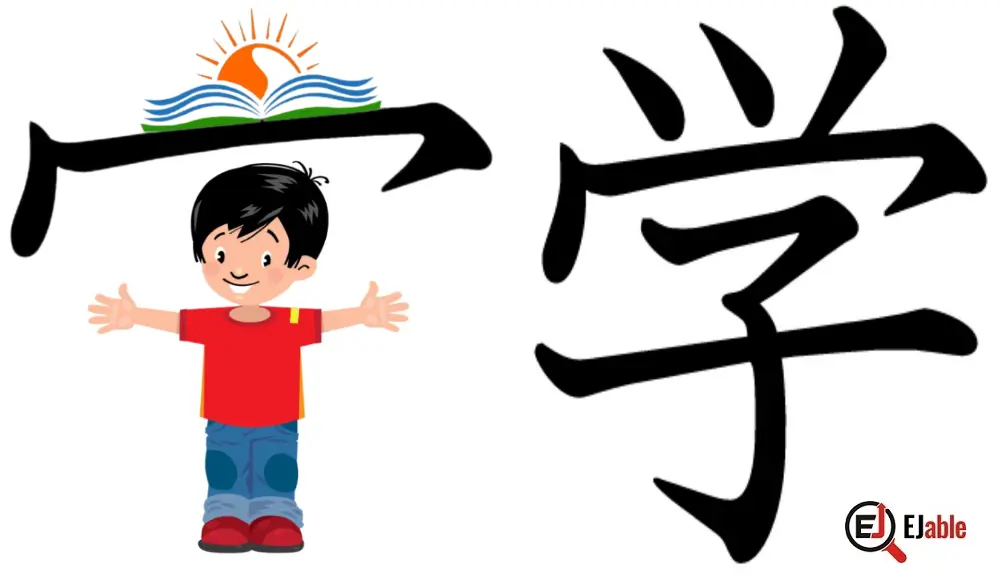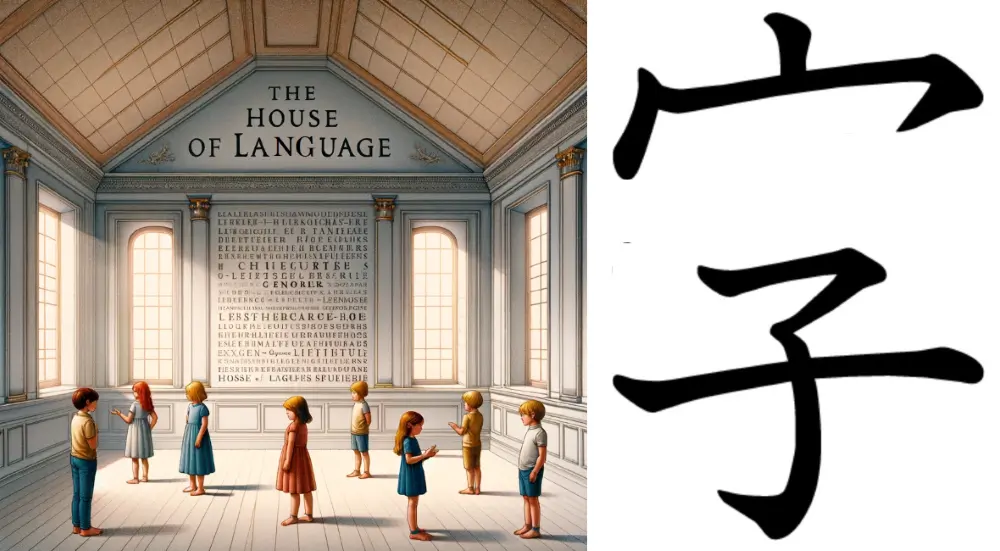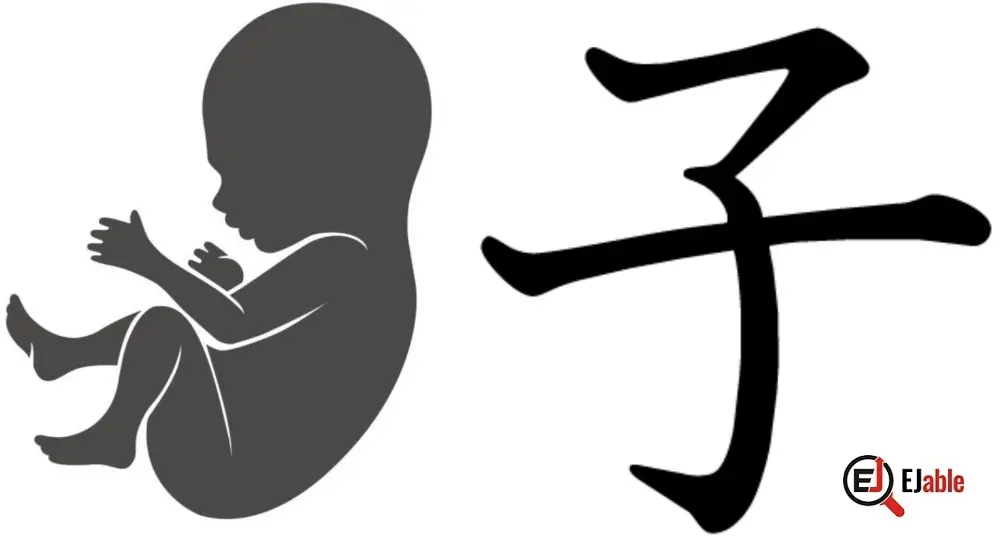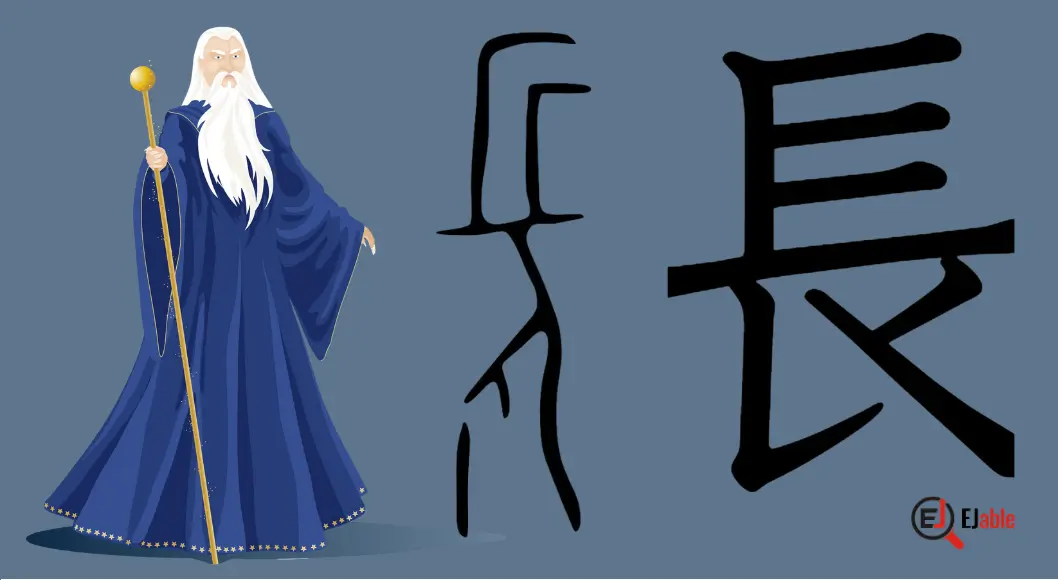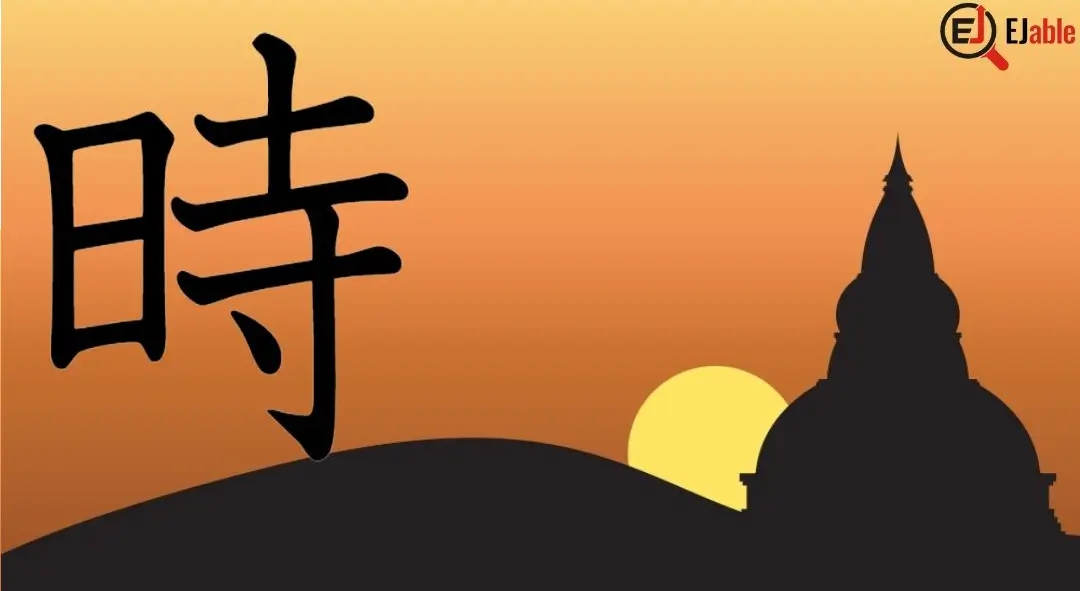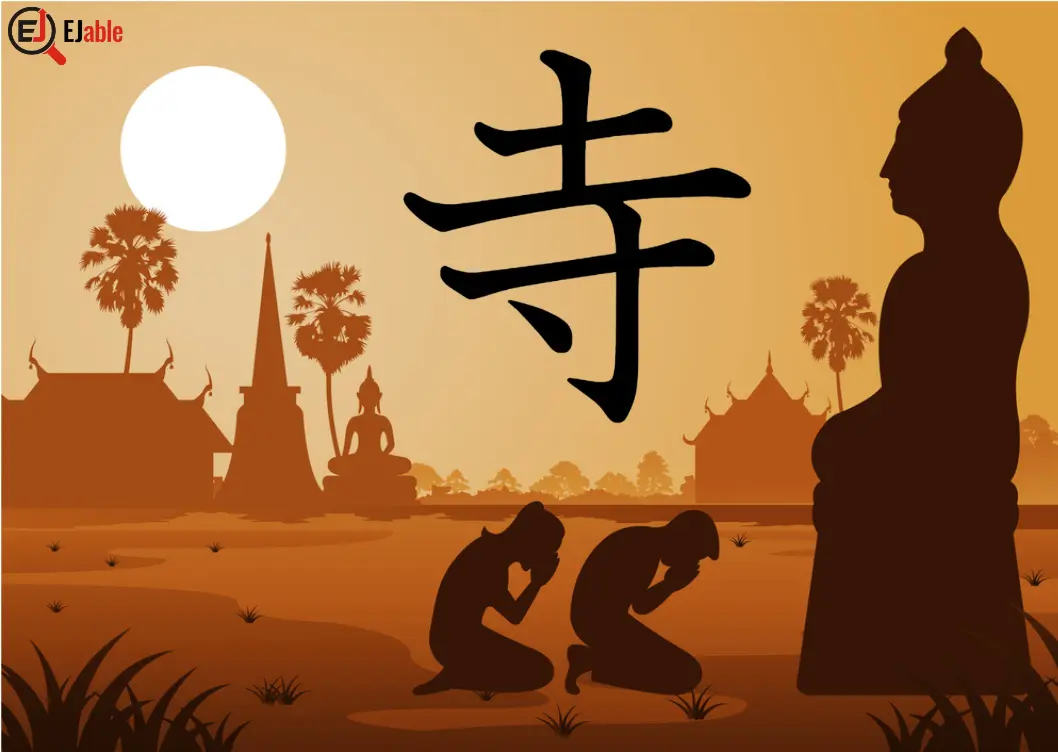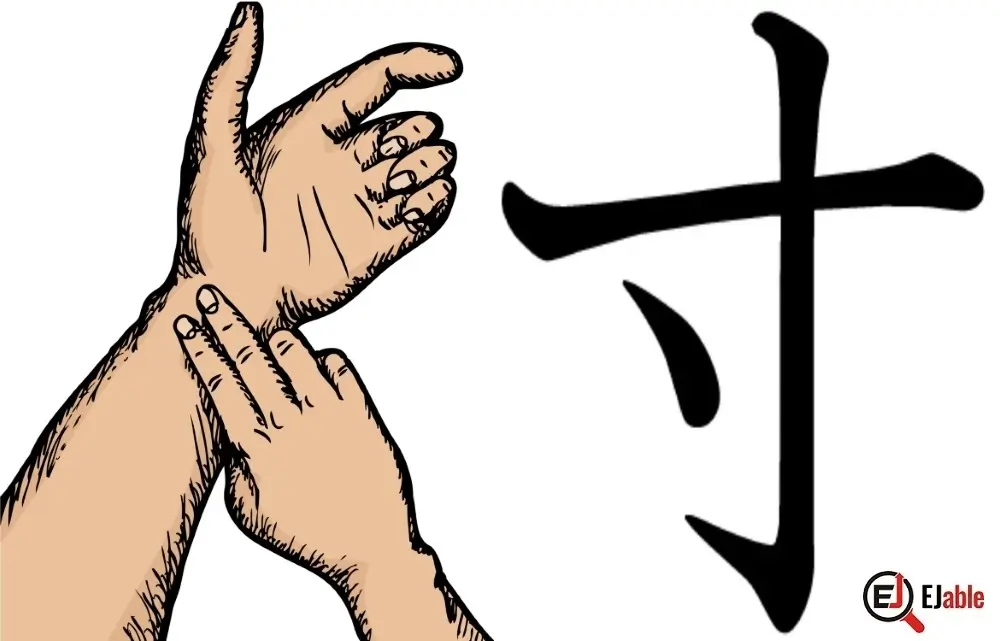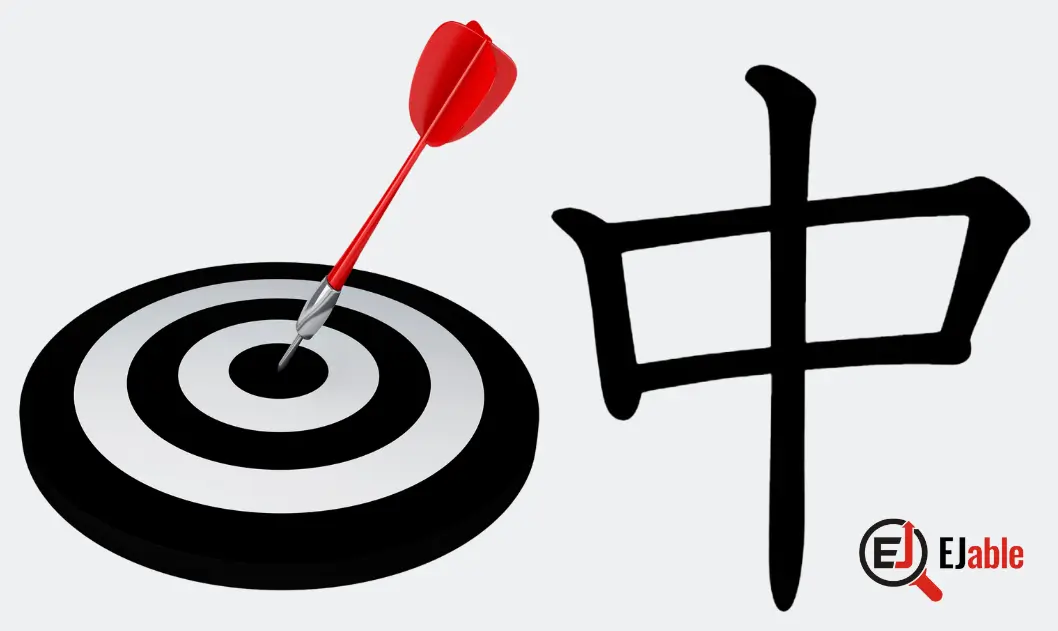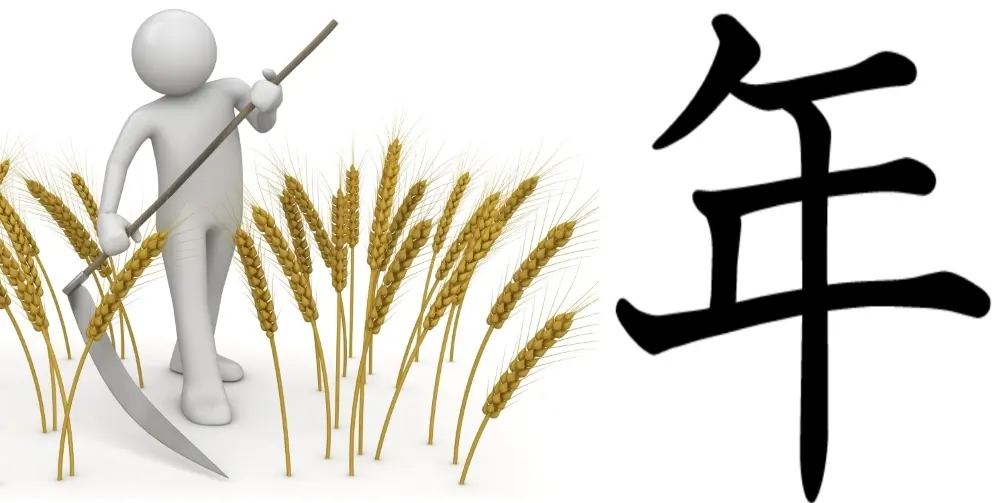Kanji for Rest or Holiday: 休 (Yasu-mi / Yasu-mu)
The Japanese kanji for “Rest” or “day-off (holiday)” is 休. The pronunciation of the Kanji 休 is “Yasu” (やす) in its kun’yomi (Japanese reading) and “kyu” (キュウ) or “ku” (ク) in its on’yomi (Chinese reading). Please note that the Kun’yomi reading “Yasu” is not a standalone word in Japanese, and this Kanji appears in words like “Yasu-mi” (やす-み), yasu-maru (やす-まる),
Continue reading
